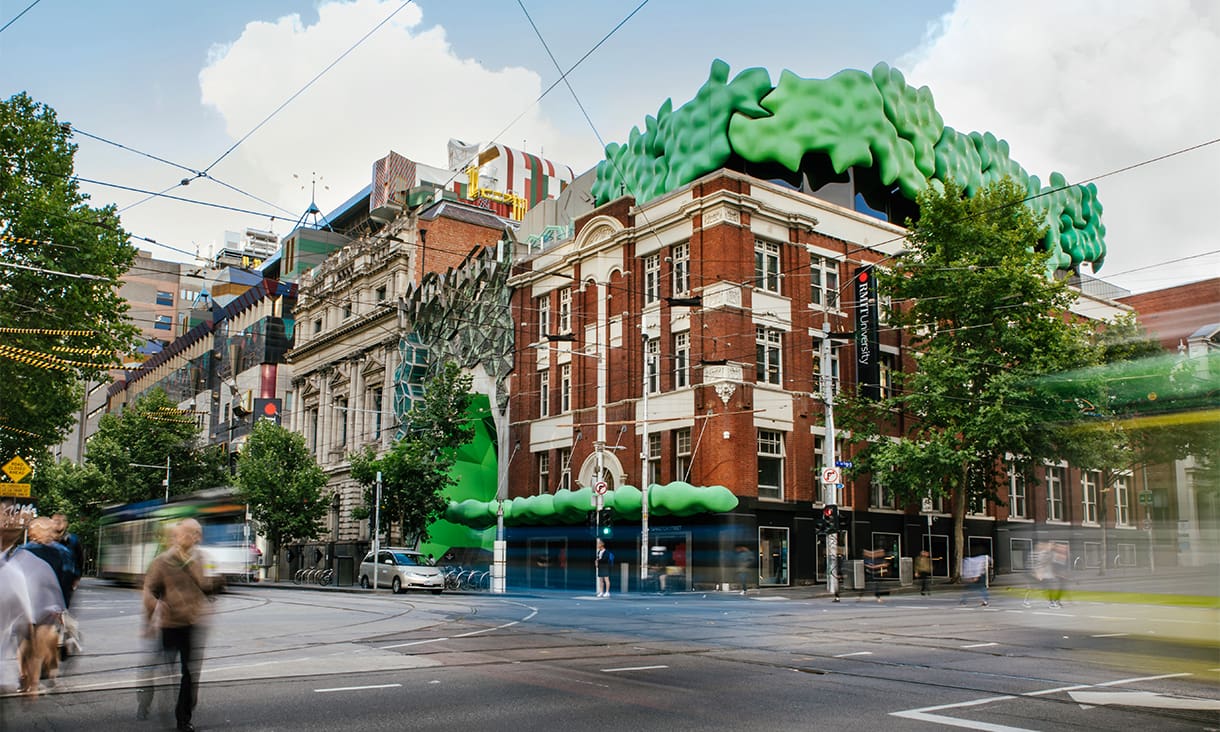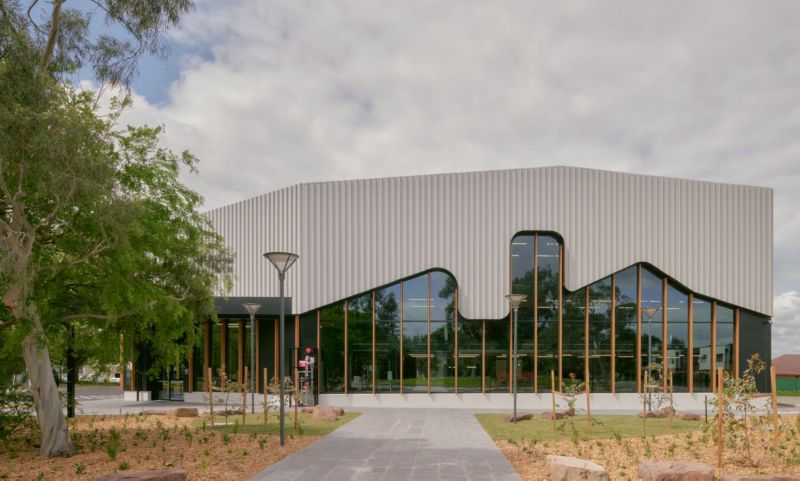How to become a builder
Understand the steps to work in construction and shape your surroundings.
How to become a carpenter
Everything you need to know about working as a carpenter.
How to become a project manager
Learn how to help other people work together towards a common goal (on deadline, under budget… ideally).
How to become a property manager
Join in Australia’s thriving real estate sector with a people-focused career that’s always in demand.
















